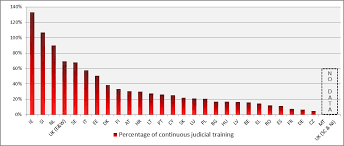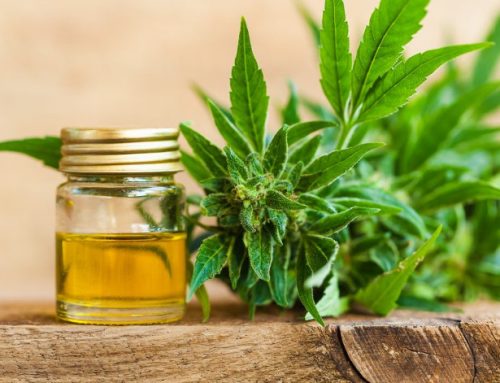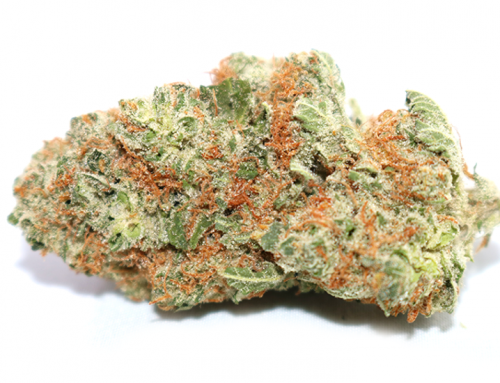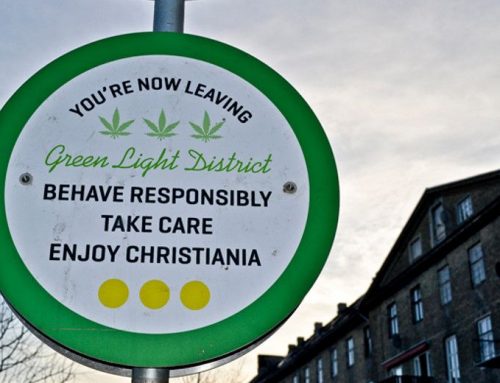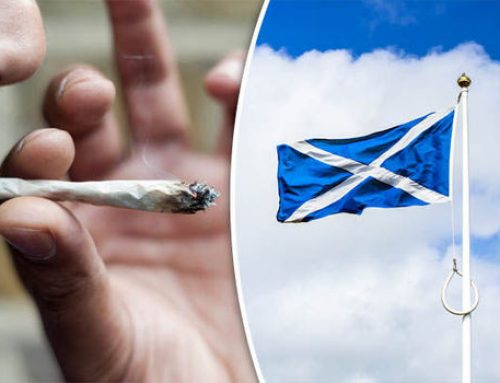But what makes the whole thing all the more frustrating is that being involved in the UN convention doesn’t mean you’re in any way barred from creating your own unique policies an in individual member state. Take Portugal for example, having successfully changed the law on psychoactive substances in 2001 and earning widespread acclaim in doing so.
Switzerland, the Czech Republic – also examples of countries that are part of the same agreement, yet make their own rules when it comes to drug policy. The Czechs have had a liberal attitude to drugs on a small, personal-use scale for over 25 years now – it’s not as if the whole place has fallen into disrepute in the interim. Meanwhile, Uruguay went one step further in 2013 to become the first country involved in the UN framework to wholly legalise recreational cannabis. As in not just decriminalise it, but make it legal.
Each of these countries (Uruguay especially) demonstrates the fact that creating alternative policies for your own country is both possible and beneficial – just as long as it is done right. Nevertheless, things remain painfully stagnant and blinkered in the United Kingdom, which according to some comes down to one glaring misconception:
The government thinks that the current policy is working just fine.

